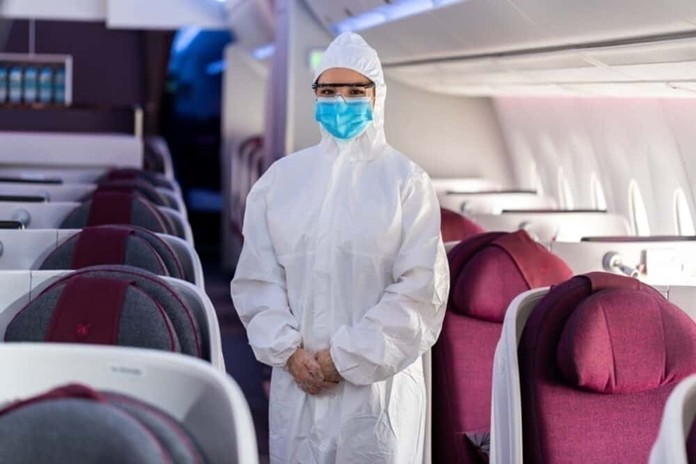
Up to a third of business class seats are likely to remain unfilled as Covid-19 continues to take its toll on airline profits. Evidence is piling up that business meetings and company training are increasingly held as on-line sessions which don’t require any travel. Another feature is remote or virtual working rather than using air flights to get to the office. In other words, technology may replace some business travel in the post pandemic world. Maybe as much as 33 percent, according to airline experts.
But not all. Sales trips are likely to remain popular as conventions and trade shows will likely bounce back as they are seen as efficient ways to meet clients, recruit business and keep track of competitors. The bigger losses will be in areas such as technical support where journeys can be replaced by virtual visits. Video technology is now present everywhere, so it’s very easy to talk to a client on-line rather than taking a special flight for a meeting.
The point is that major airlines are in reality built around business travellers, affecting how planes are configured, where they fly to and the associated luxuries such as comfortable airport lounges and in-flight attractions including better food and flat-bed sleeping arrangements. If business travel declines substantially, then the income from expensive business class seats will cease to subsidize the much cheaper travel in economy class. One estimate is that business class may offer only 10 percent of the seats on a long-haul flight but provides 40 percent of the total ticket income.
Faced with the loss of business travel, the major airlines will need to raise prices for leisure travellers in economy class. Holidaymakers are known to be discretionary air travellers: if the seat becomes too expensive they won’t fly. Another complication is that about 20 percent of US airline capacity is from low-cost carriers which can force the big airlines to match low prices. Tough times lie ahead for the airline industry.
Of course, first class has almost disappeared from many airline schedules. The prices were just too high and most of the elite passengers actually never paid for their bubble cabin: as regular travellers, they just piled up their membership points. Meanwhile, air travel in all classes has become a lot less attractive now that staff are dressed as space people, providing minimal physical contact with the flying public. If air travel ever was enjoyable, those days appear to be over.
 |
 |
 |





